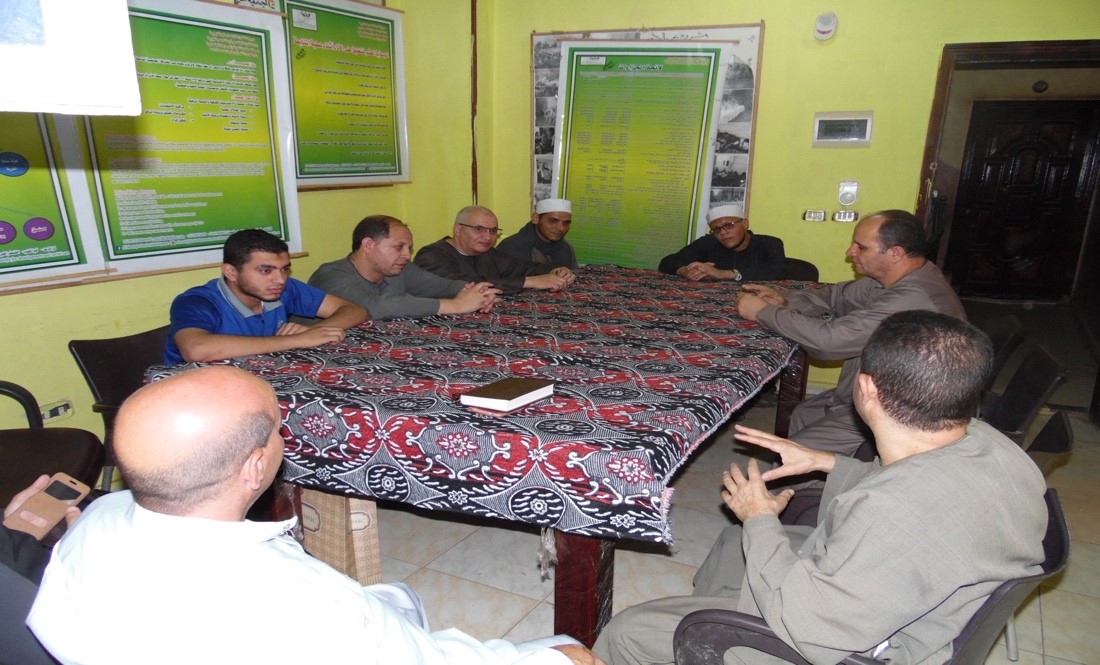Religious leaders promote gender equality in Southern Egypt
Date:

In rural southern Egypt, gender roles and stereotypes are often conservative. However, UN Women in partnership with CARE International in Egypt and with the support of Sida, is leading a coalition of community-based organizations (CBOs) that are engaging with men to create a more equal society through the regional programme “Engaging Men and Women for Gender Equality”.
Mariam Ezzat Nathan, a senior field supervisor at CARE International in Egypt, has been watching the process unfold. She described some of the unique steps the CARE coalition of six community-based organizations have taken. “The challenge was that in some communities, when they heard the word ‘equality between men and women,’ in our awareness-raising sessions, men started to resist the idea because they thought that it meant that we wanted men to be like women. They also thought that by women being equal we might break the chain of inheritance in the family, and leave the children without land to inherit,” Mariam said.
The coalition organized workshops to address these common misunderstandings and introduce new perspectives on gender equality from a religious perspective. The events were held in several communities with the participation of more than 4,000 men and 40 religious leaders.
“One of the workshop organizers in Sohag, a province in Upper Egypt, came up with the idea of bringing in local religious leaders to accompany us in our discussions about gender equality. These religious leaders use Quranic verses or hadiths [sayings of the prophet] to help add legitimacy to our message. So, we created an advisory committee of religious men who could work with us and interpret our messages to the community.” Nevertheless, they went beyond that, Mariam explained. The community-based organizations also collaborated with religious leaders to help men and women to understand that men do not have a natural authority to control women and that promoting equality between women and men will create positive social conditions for the community.
Mariam added: “There’s this idea in Egypt that religion gives men qiwamah (control) over women. They often quote their interpretations of hadith as a justification. To counter this, we worked with local religious leaders, who pushed back against these harmful interpretations, pointing out verses from the Quran and saying: ‘Our Prophet Muhammed treated his wife in an equal way.’ Most men agreed.”
Ishaq Lami Shukran, one of the men participating in these workshops said: “Not only beating, but also words can be considered a form of violence. I used to say words that affected my wife for a day or two and after participating in the sessions I felt like a child that was learning how to walk. I learned how to better deal with my wife and my children”.
Mariam smiled broadly, raising her voice. “Even if a few of the local men didn’t agree with what the religious leaders said in the first session, they all continued to come back to our awareness-raising sessions time after time. They never broke off. This shows that they’re listening and hopefully, becoming convinced of our message.”